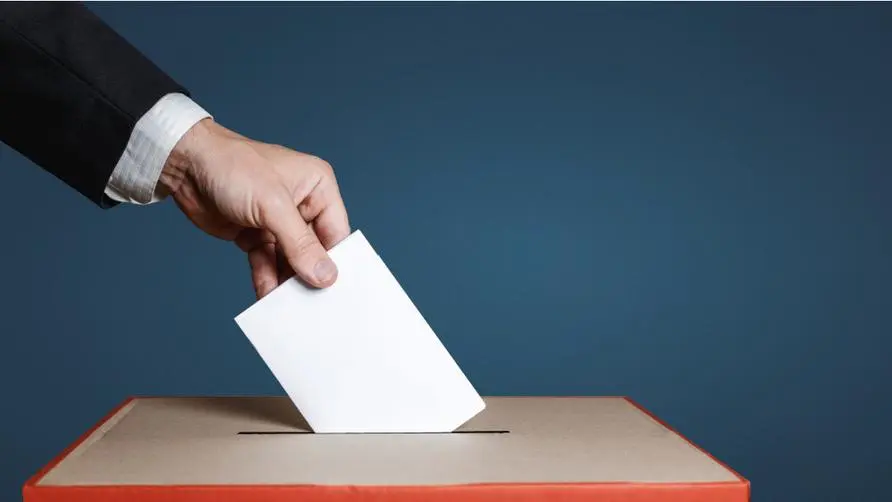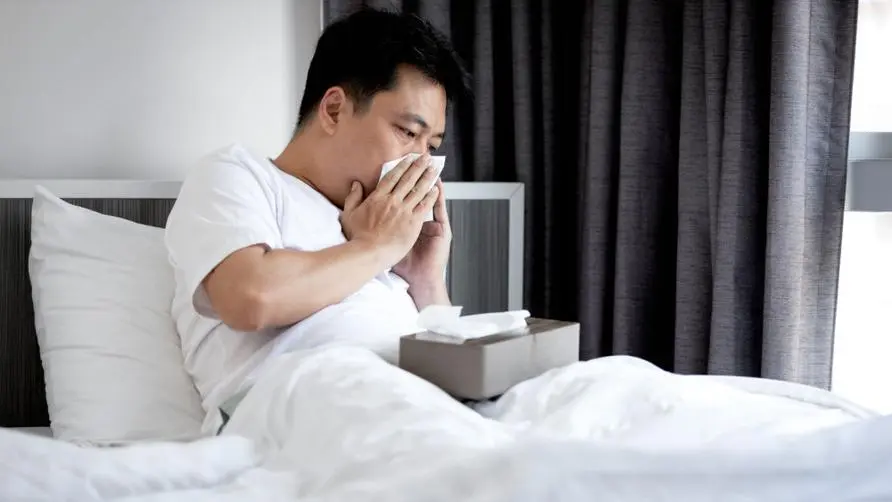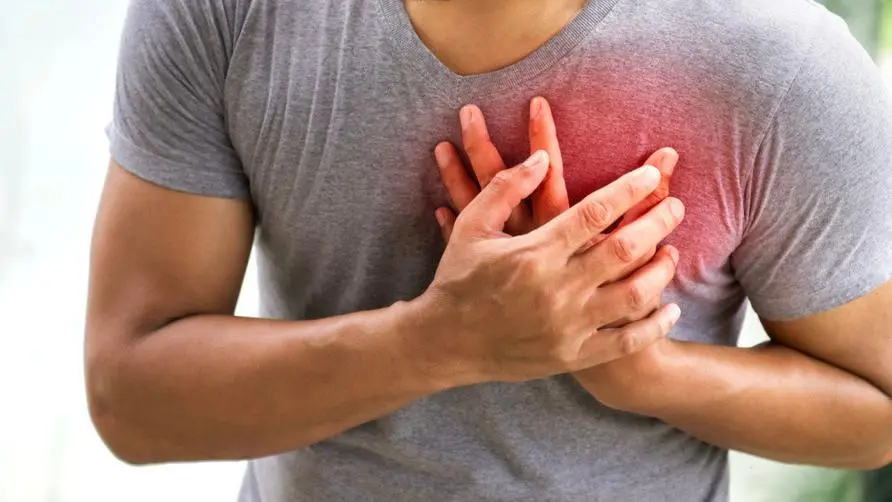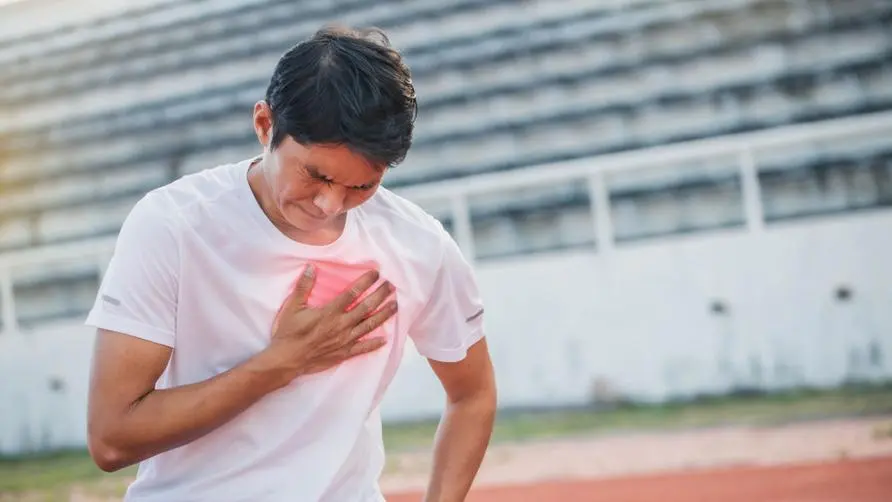Risk of myocardial infarction in cold weather rises: sleep apnea may be the key
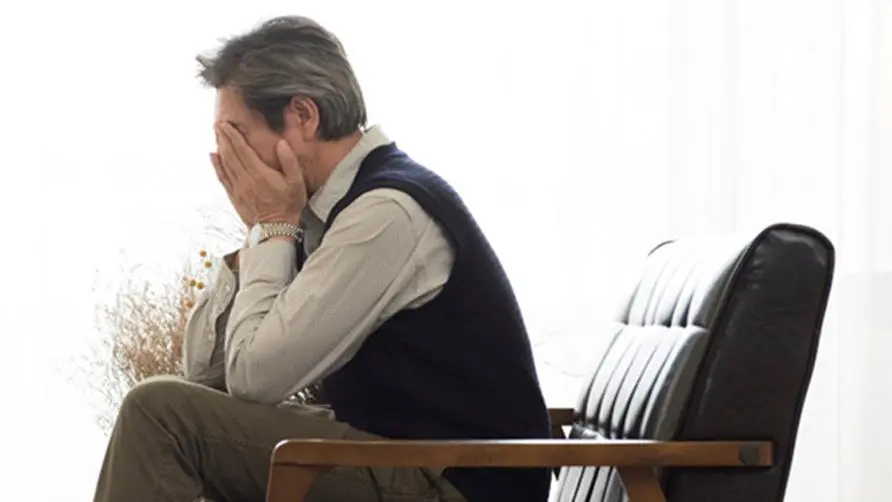
There have been frequent news about myocardial infarction recently, and patients with the three high health conditions will sound the alarm every winter! Dr. Shen Guangxuan of the Otolaryngology Department of Taipei and Taitung Mackay Hospital reminds that many people ignore that sleep apnea may actually lead to a significant increase in the incidence of myocardial infarction.
Sleep apnea may cause three highs and myocardial infarction
Dr. Shen Guangxuan explained that sleep apnea, as the name suggests, means that patients repeatedly and temporarily stop breathing during sleep. Once a person stops breathing, he will inevitably suffer from hypoxia. After hypoxia, the body will produce a large amount of free radicals, causing atherosclerosis and vascular atherosclerosis. Plaques are produced, causing blood vessels to lose elasticity, further causing high blood pressure.
However, myocardial infarction means that the coronary arteries that supply blood and oxygen to the heart become blocked by plaque after atherosclerosis, causing myocardial damage or even necrosis, worsening heart function, causing heart failure, arrhythmia and other changes, and in severe cases, coma. , the possibility of sudden death.
According to research statistics, patients with sleep apnea are 50% more likely to develop high blood pressure than normal people, and more than 70% of patients are likely to experience myocardial infarction or even stroke.
Cardiologist treats sleep apnea, high blood pressure well under control
Dr. Shen Guangxuan shared that there was a cardiologist at Taitung Mackay Hospital who had been taking high blood pressure medication for a long time. He came to the clinic because of long-term problems such as poor sleep quality and falling asleep suddenly when driving long distances. After a home sleep test, he was found to have severe symptoms. Sleep apnea patients. After wearing a positive pressure respirator for treatment, his daytime sleepiness was greatly improved, his weight dropped by 8 kilograms in one month, and his blood pressure was better controlled than before.
Home sleep testing can tell if you have sleep apnea
Senior sleep technician Hong Xiaojing said that the amount of home sleep testing is increasing year by year. Through home sleep testing, sleep apnea index (AHI), nasal flow, pulse, blood oxygen, and the number of snoring can be measured. The sleep apnea index (AHI) is the “average number of no-ventilation + hypopnea per hour”, which is the most important basis for the diagnosis of sleep apnea. Under normal circumstances, AHI should be <5 times/hour, and for severe sleep apnea, AHI ≥30 times/hour. The public is urged to care about the sleep health of themselves and their families. If you have the three major signs of sleep apnea: snoring, obesity, and not getting enough sleep, you should seek medical advice as soon as possible or conduct a home sleep test.
Further reading: Sleep apnea, stroke in younger and middle-aged adults may be caused by snoring
